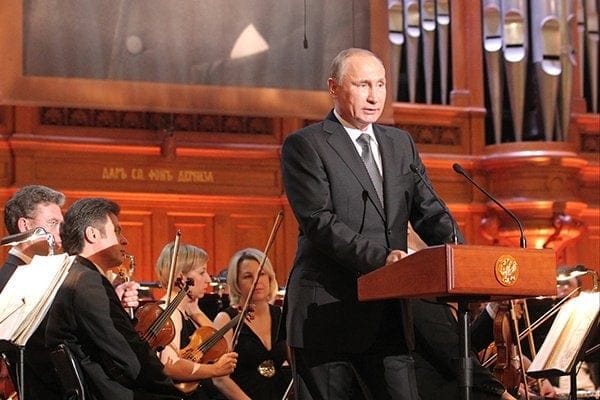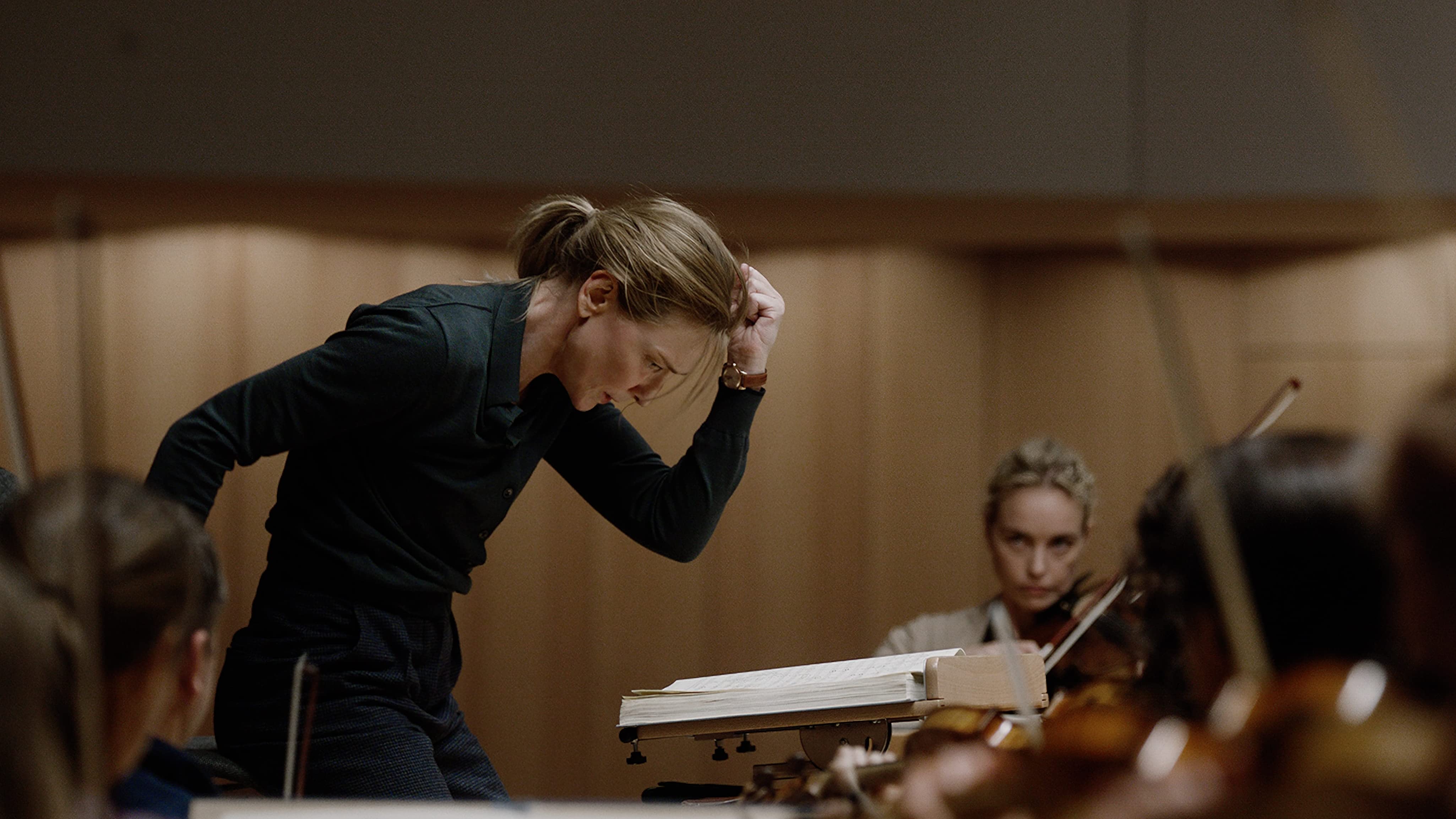Few miss Gergiev and Netrebko, but what about the rest?
NewsApart from some hand wringing by their agents and a few commercial associates, the absence of Valery Gergiev and Anna Netrebko is not causing great heartache among western musicians. Gergiev has been remote, reckless and casual in recent years with his obligations, while Netrebko is no more popular among her western stage partners than any other vaunted diva.
Both will leave a cavity at the box-office, but not a major hole.
The question is how other Russians are being treated in this crisis, and that is an area where every music organisation must treat with care.
An orchestra in Maryland cancelled the Russian violinist Vadim Repin,’out of respect to Repin’s apolitical stance and concerns for the safety of himself and his family.’ Apparently, threats had been received.
A recital series in Vancouver dropped an August concert by the young Russian pianist Alexander Malofeev because it could not in good conscience present a concert by any Russian artist at this moment in time unless they are prepared to speak out publicly against this war.’
Malofeev had previously posted: ‘The truth is that every Russian will feel guilty for decades because of the terrible and bloody decision that none of us could influence and predict.’
The 2022 Dublin International Piano Competition has told ten Russian contenders they are not welcome. ‘In unity with arts organisations across the world at this difficult time we regret to inform you that the DIPC will be unable to include competitors from Russia in the 2022 Competition…. we will be refunding your application fees.’
This is way out of line and directly in contrast to the Van Cliburn Competition which is specifically welcoming Russians.
These are dangerous and unpredictable waters. In the first place, it is ethically wrong for organisations to demand that performers issue a loyalty/disloyalty statement towards Putin. That is a Stalinist tactic, and it must stop.
Second, any boycott should be targeted strictly at those who benefit personally and financially from Putin’s regime, or who have shown outspoken support for his aggression in Ukraine. Apart from two or three elderly soloists with not much career left in the west, that would implicate the chief conductor of the Bolshoi, Tugan Sokhiev, and the Russian-based Greek conductor Teodor Currentzis whose Musica Aeterna ensemble is funded by the VTB Bank, which is now on the US and EU sanctions list.
Sokhiev today resigned from both hiss posts, in Moscow and in France.
But there we need to draw the line.
Russian musicians, Russian artists, must be welcome the world over. The world needs to see glimpses of Russia’s innate humanity, especially in these terrible times.






Comments